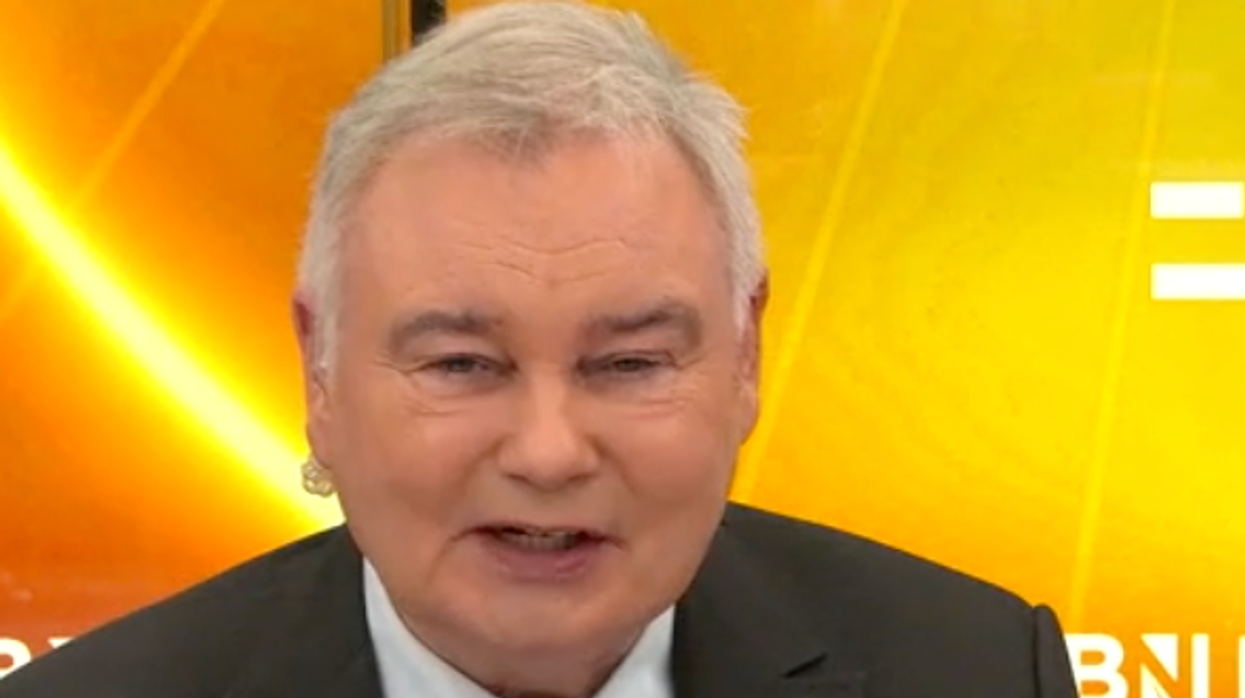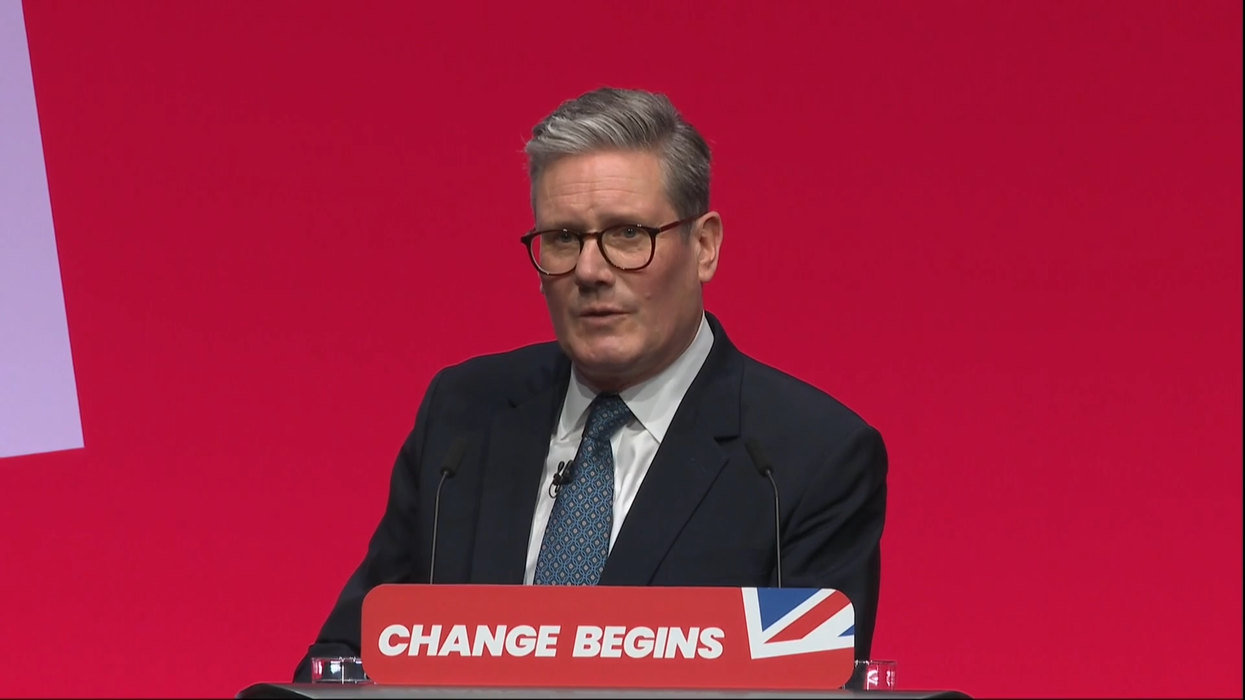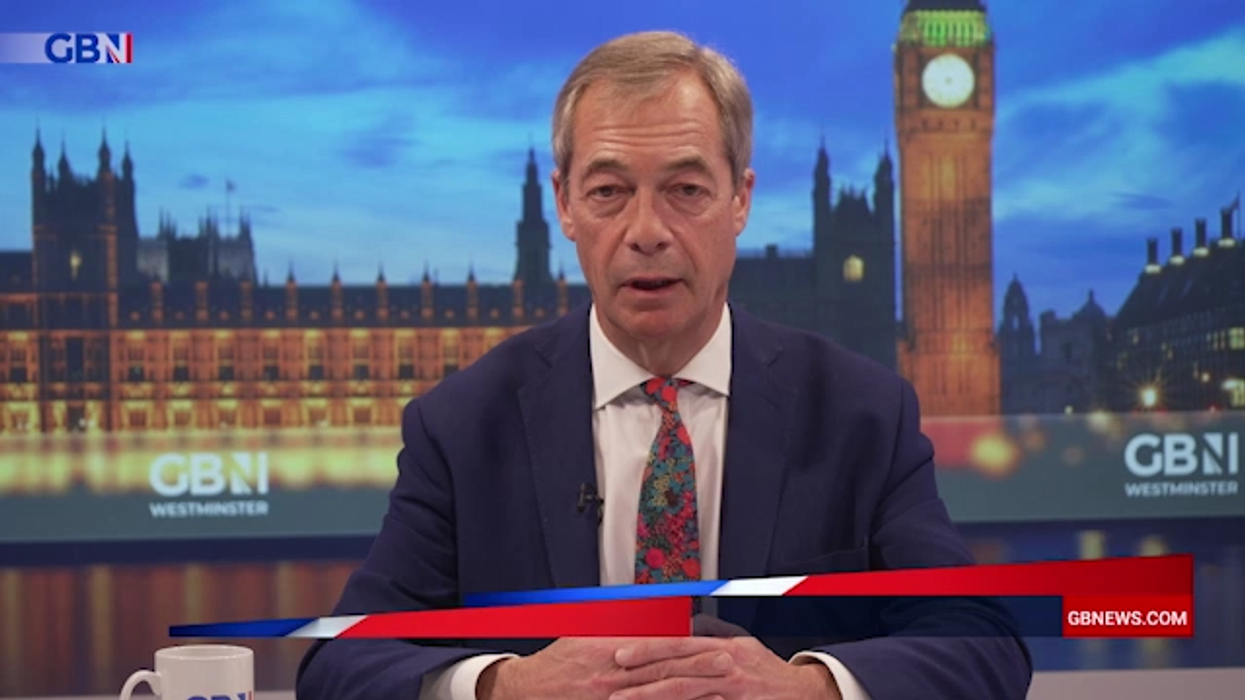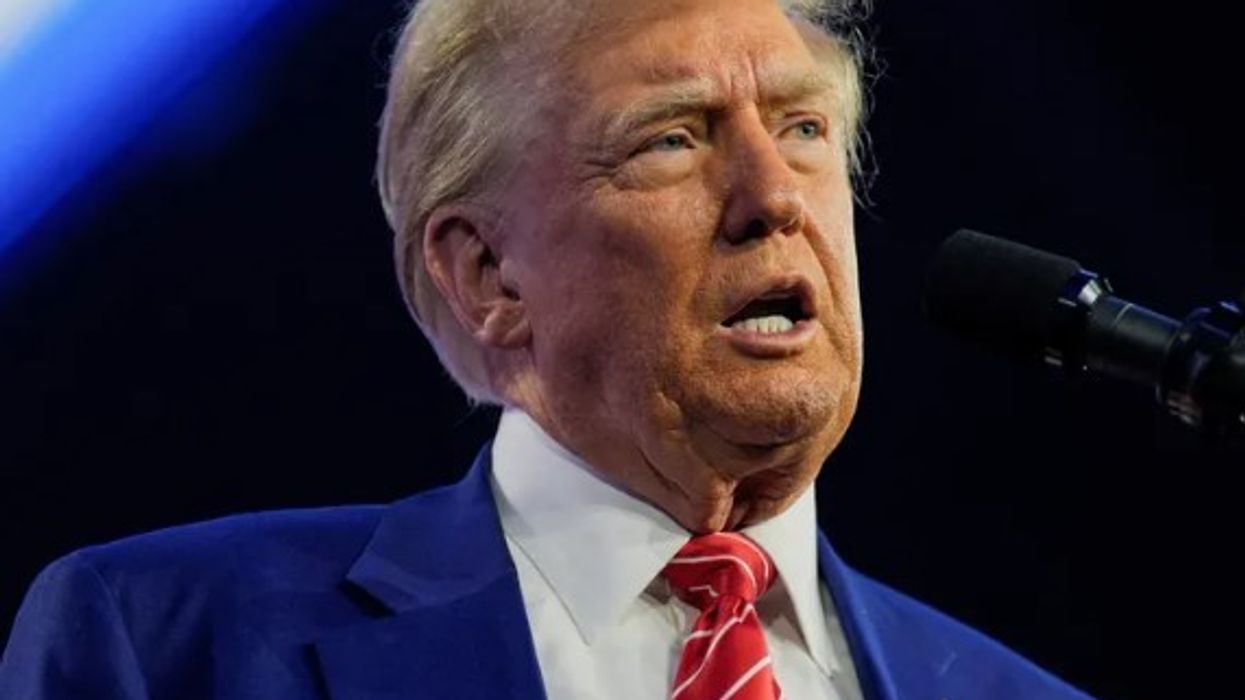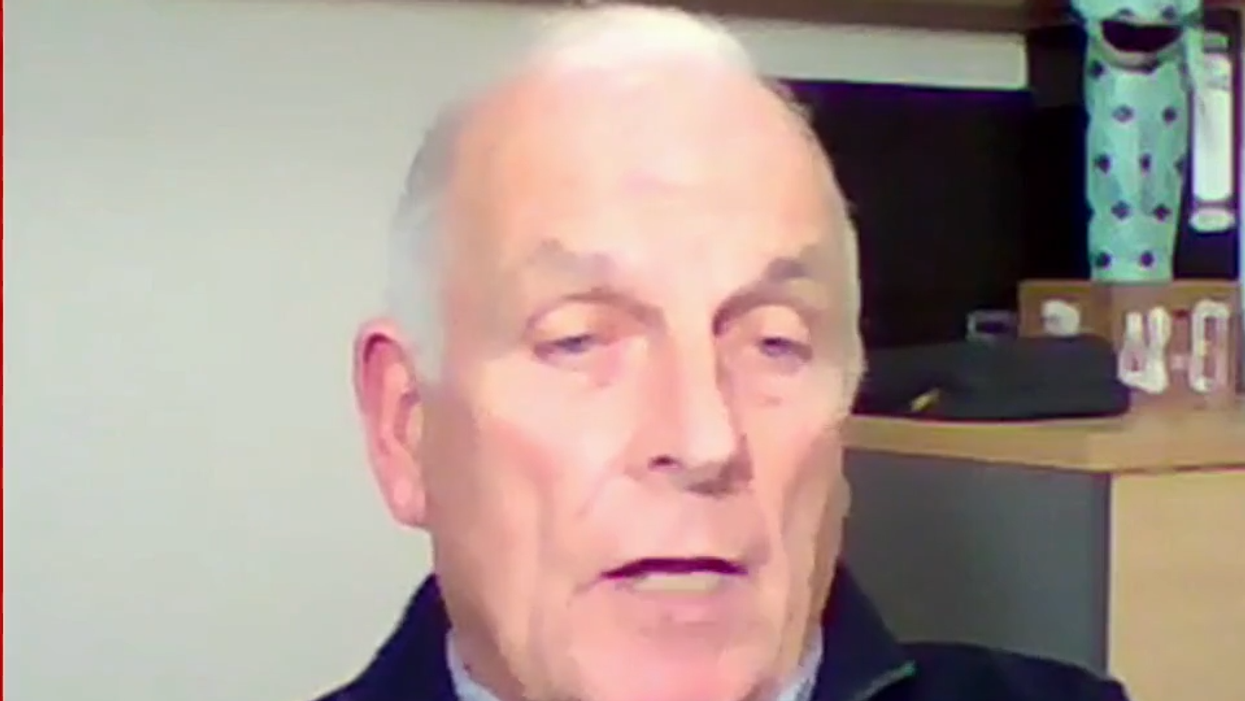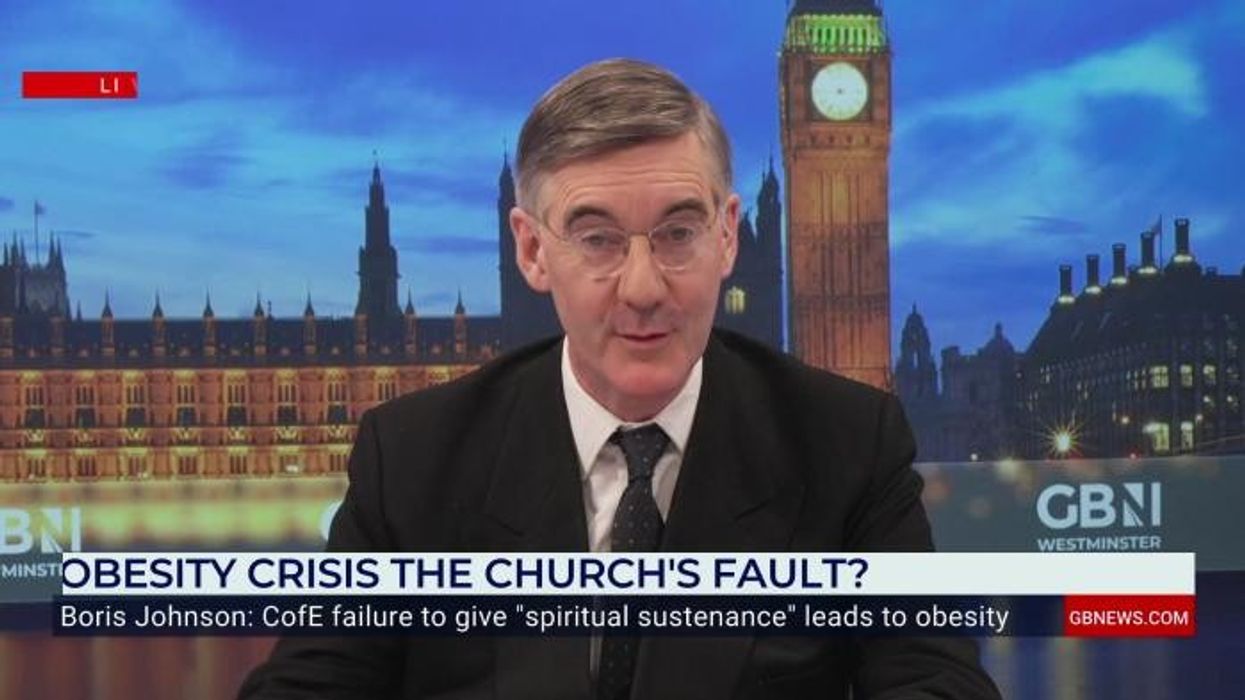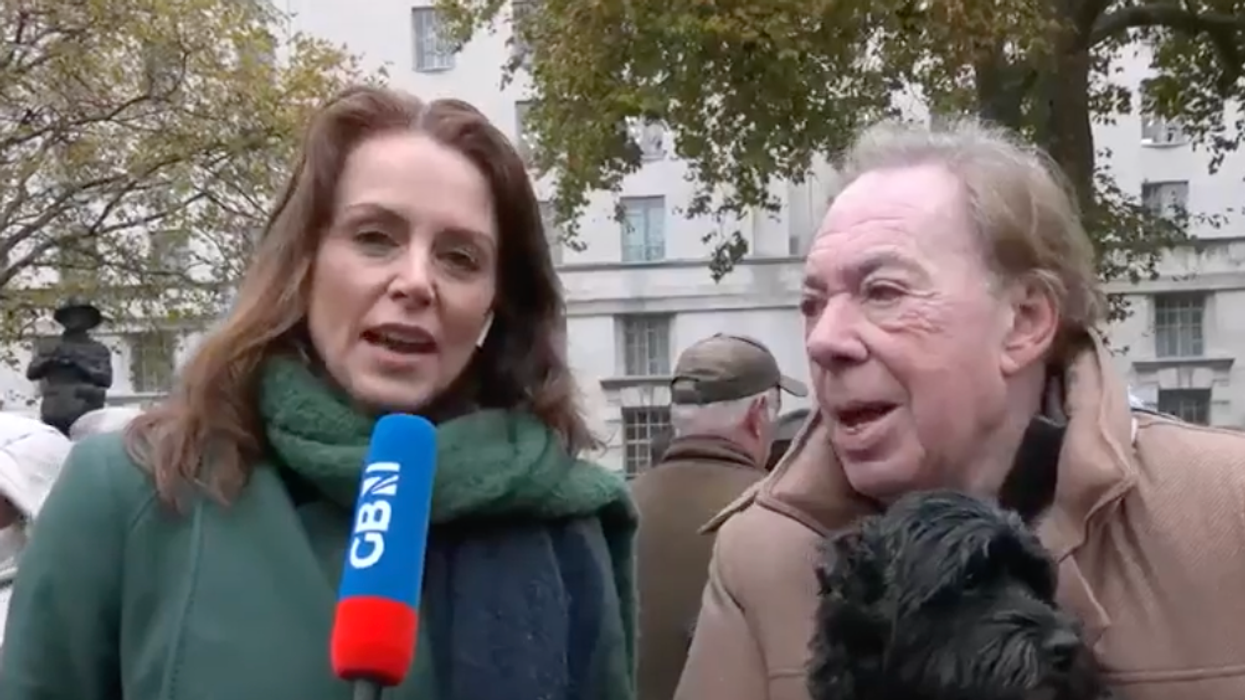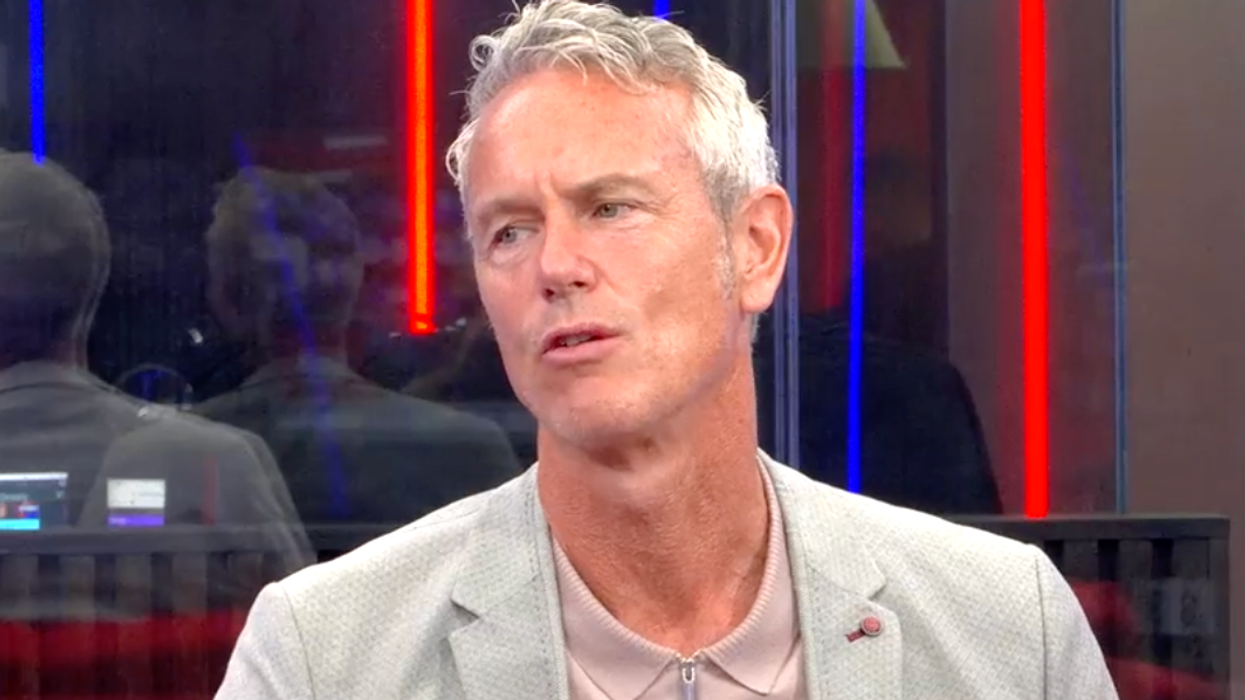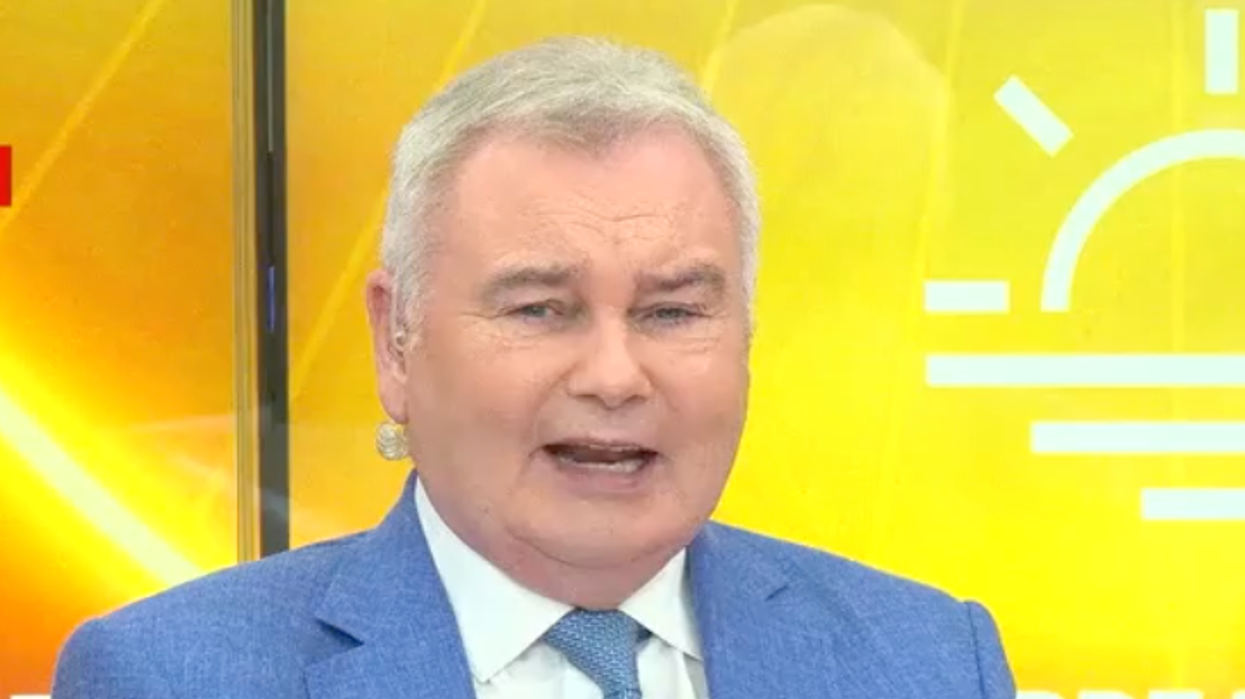A former Labour minister has said a Labour government would not agree to freedom of movement within the EU but would look to get ‘a better and a closer relationship with Europe.’
Bill Rammell said the party would seek a defence and security pact as part of a new agreement with the bloc.
Speaking on GB News Bill Rammell said: “The Labour Party and Keir particularly reflected on the massive defeat we suffered in 2019 and we recognise the need to accept the outcome of the Brexit referendum and move forward.
“Its about listening to people and responding to their views. But in terms of this debate, the idea that we're going to return to free movement is simply not going to happen under a Labour Government.
“We want a better and a closer relationship with the European Union and actually a majority of people believe that that's the right way forward. But it's not going to be about a return to free movement.
“There will be a new agreement, that's part of the existing agreement. Michel Barnier will not lead that process, he's no longer the EU's lead negotiator.
“And when Barnier talks about the EU's red lines, the EU has red lines until it doesn't have red lines. That's the way the EU negotiates.
“But we have enough mutual interest that I think we will get a better deal covering defence and security, covering immigration, covering veterinary services, the chemical services industry and mutual recognition of professional qualifications.
“It's about mutual interest and it's not about being dictated to. But if you look at the polling evidence, people believe we're worse off economically following Brexit and people want us to have a better and a closer relationship.
“Now we will negotiate hard for that. The EU will negotiate hard on their side. But take one example immigration where there's a huge mutuality of interests between the European Union on the one hand and the UK on the other.
“We will work very hard at that to get a returns and enforcement agreement. There's already talk of us being able to effectively return to the Dublin convention so that an asylum seeker can be returned to the first country that they transited through, wherever that occurs within Europe.
“That’s in the EU’s interest and it's in our interest. It’s a deterrent.
“[The Rwanda scheme] is certainly doomed to failure and that's not a deterrent. But part of the benefit and the effect of the Dublin convention was deterrence. And we want people to believe that if they come illegally to this country, that there's a real risk that they will be returned to their country of origin.
WATCH ABOVE.



